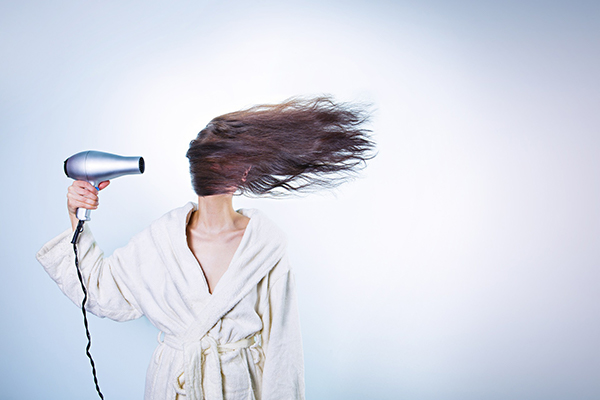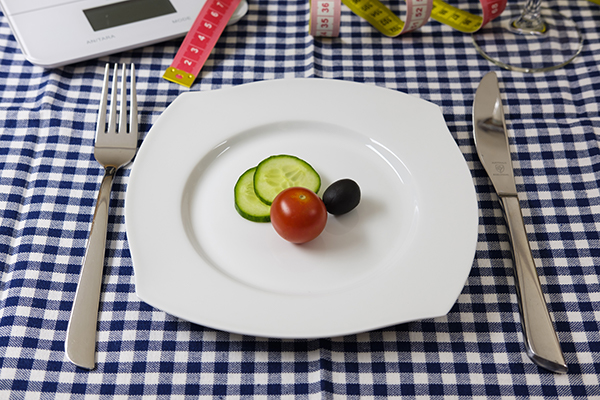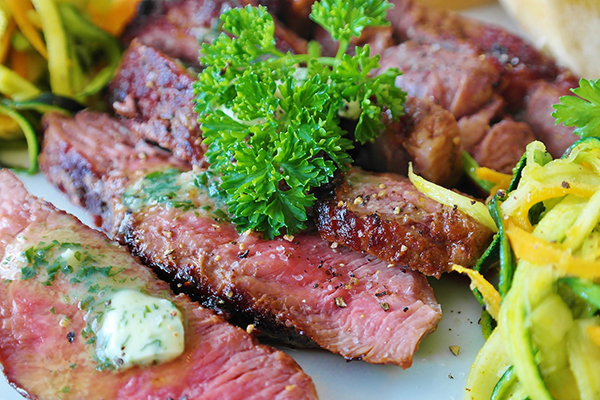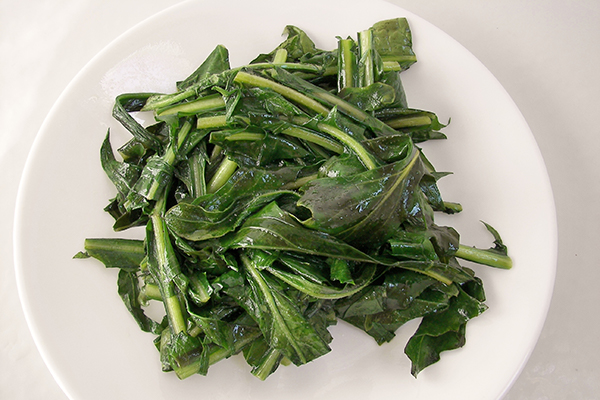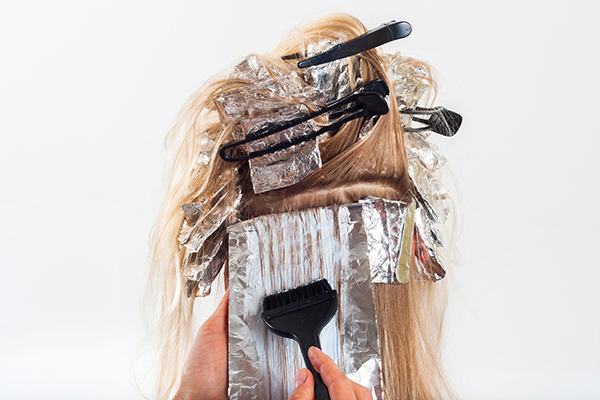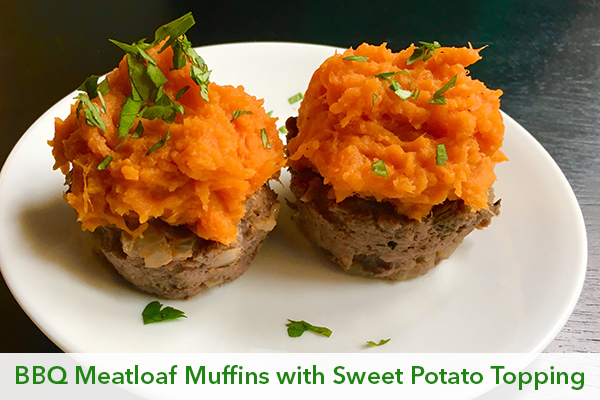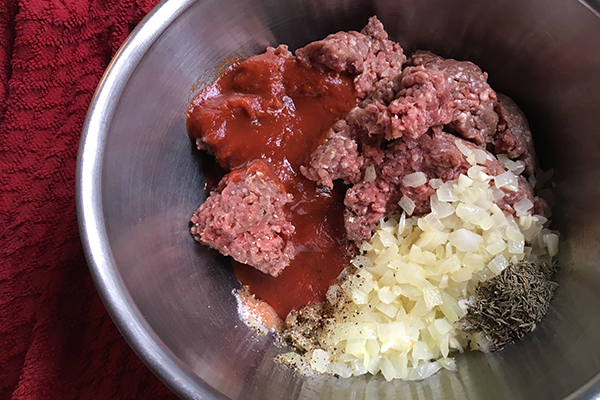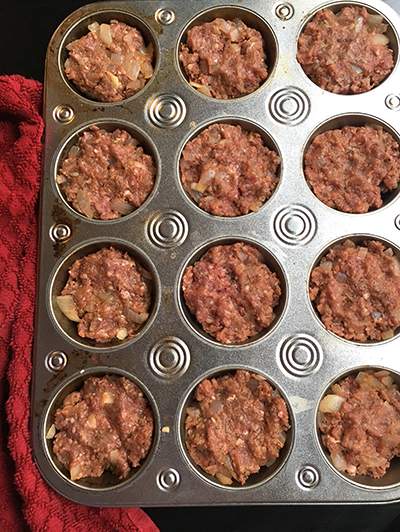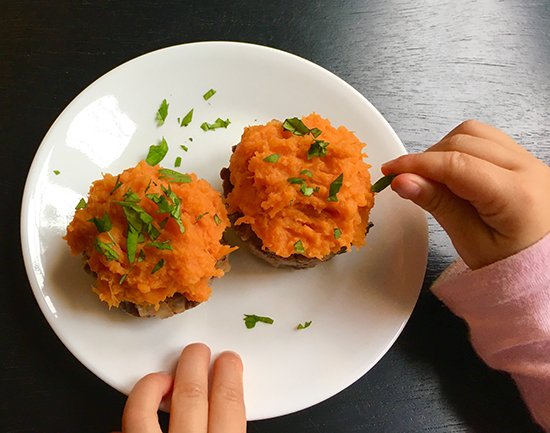Hair loss in women is, unfortunately, fairly common. Studies tell us that 30-50% of women under the age of 50 will be affected. Of course, some hair loss is normal. We typically shed around 100 strands of hair daily due to normal turnover. Hair loss beyond that can happen either gradually or quickly depending on the cause.
There are many factors that play a role in the health of your hair, and hair loss.
Most Common Causes of Hair Loss in Women
- Stress (chronic or acute)
- Hormonal (including thyroid issues)
- Inadequate calories
- Rapid weight loss
- Inadequate protein
- Nutrient deficiencies
- Genetics
Stress
Stress impacts every aspect of our health. Stress can literally make your hair fall out! The stress can be mental or physical, acute (like a death in the family or trauma) or chronic (work, family, life). Stress also depletes the body of nutrients- nutrients your hair needs!
Stress management can be helpful in so many ways but optimizing your hair might be one that you didn’t think of. Things you can do to help relieve or manage stress can be as simple as going for a walk, playing with a pet or laughing with friends or a bit more involved such as practicing deep breathing, meditation or biofeedback. Start making stress management a priority and you will see benefits in more than just your hair.
Hormones
Hormones play a huge role in regulating the hair growth cycle. Hormone imbalances can lead to many issues from adult acne to weight gain. An excess of androgens (typically seen with PCOS) or low levels of estrogens (menopause, excessive exercise, undereating or other issues) can lead to hair loss.
There are specific times of hormonal changes that can cause temporary hair loss or changes in hair texture or thickness including:
- pregnancy
- childbirth
- starting or stopping birth control pills
- menopause
Hypothyroidism, even subclinical (meaning your labs are “within the normal limits” but not optimal) can cause hair thinning, brittle hair and hair loss.
Make sure you get the basics right first: eat well, sleep well, exercise appropriately and manage your stress levels. Then talk to your healthcare provider who can help you figure out if hormones or thyroid function are playing a role.
Inadequate Calories/Rapid Weight Loss
These two typically go hand in hand and can lead to hair loss for various reasons. Both are very stressful on the body and can lead to inadequate nutrient intake and hormonal dysregulation.
Your body’s number one goal is survival. Hair is not needed for survival (although I’m sure some of us would argue otherwise). If you are not getting enough calories or nutrients, your body will essentially shunt what the hair needs to more important, life sustaining needs, thus resulting in hair loss.
Yet another reason to avoid crash dieting and instead try to adopt a healthy, balanced lifestyle.
Inadequate Protein
Hair is 90% protein (keratin). If you are not consuming enough protein, or enough of all the essential amino acids (like in an improperly planned vegan diet), you will likely start to see hair loss. It might happen gradually starting with thinning hair and changes in texture, then progressing to hair loss.
You also need to be absorbing the protein you are eating. Malabsorption (from long term PPI use and GI issues) can impair absorption. Translation: you might be eating enough protein, but your body isn’t absorbing all of it.
Everyone’s protein needs are different depending on many factors. Adequate protein intake can range from around 0.5g to 1g per pound body weight. Talk to your Registered Dietitian/Nutritionist for individualized recommendations.
Collagen is one type of protein that, when supplemented, has been shown to help support hair growth. Our bodies produce collagen, but adequate protein, Vitamin C, zinc and copper are needed to support your body’s own production of collagen. For a boost of collagen, try making (or buying) bone broth or try a high quality collagen powder like Great Lakes Gelatin or Vital Proteins.
Nutrient Deficiencies
Besides protein and calories, we also need adequate vitamins and minerals for healthy hair follicles and hair growth.
Inadequate nutrient intake is a common cause of #hairloss in women. Learn which nutrients you should be prioritizing for optimal hair growth. #saslife Share on XIron
One of the most common causes of hair loss in women (under 50) is iron deficiency. Certain populations, such as premenopausal women due to menstrual blood loss, are at higher risk for iron deficiency. Other risk factors include achlorhydria or the use of acid blocking medications (typically for heart burn or GERD) because iron requires an acidic pH for absorption as well as malabsorption disorders such as celiac disease.
Vegans and vegetarians are also at higher risk for iron deficiency, as their requirements for dietary iron are considered to be 1.8 times higher, mainly because non-heme iron, found in plants, has a lower bioavailability than heme iron, found in meat and fish.
Have your iron levels tested before supplementing, as too much iron can be toxic. According to some experts, ferritin levels of at least 40 ng/ml are required to stop hair loss, while levels of at least 70 ng/ml are needed for hair regrowth. (Normal range for adult females is typically 15-150ng/mL.)
Depending on your iron/ferritin levels, you may be able to simply increase iron rich foods, such as grass-fed beef or oysters to bring up iron stores. However, if your iron levels are too low, or you are vegetarian or vegan you may need to supplement.
Zinc
Zinc is required for carbohydrate, protein and fat metabolism as well as the breakdown of other micronutrients, all of which are essential for hair! It is also depleted by stress and many medications (including birth control pills, certain blood pressure medications and NSAIDS).
Zinc is found in many foods including meat, shellfish, legumes, nuts, seeds and whole grains. The absorption of zinc from plant-based foods (like legumes, whole grains, nuts and seeds) can be reduced by certain compounds found in those foods (phytates). This is why foods like red meat and oysters tend to the best sources.
B Vitamins
All B vitamins - thiamine (B1), riboflavin (B2), niacin (B3), pantothenic acid (B5), vitamin B6, biotin (B7), folate, and vitamin B12 - are essential for healthy hair in some way. B Vitamins play a role in cellular development and function, metabolism and energy production.
Adequate intake is needed to prevent early graying, proper hair growth and development and proper moisture. B vitamins are depleted during stress and by many popular medications (birth control pills, metformin, heart burn medications, etc.).
Most B vitamins are found in a variety of foods, but B12 is only found in animal foods.
Vitamin D
Vitamin D deficiencies are associated with increased hair loss. Have your vitamin D levels tested prior to supplementing, as your lab levels will help determine the proper dosage.
Fatty fish like wild salmon and sardines, egg yolks and cheese are good sources of Vitamin D. Sunlight is our best source of obtaining Vitamin D but the amount we can get from the sun will vary depending on many factors, including location and time of year.
Many other nutrients (along with adequate hydration!) are essential for optimal health growth as well including: selenium, calcium, magnesium, copper, Vitamin E, Vitamin A (retinol), PLUS Omega-3 fatty acids and polyphenols.
Prioritize getting your nutrients from foods first.
- Aim for a varied real, whole foods-based diet full of colorful fruits and veggies, nutrient dense protein options and healthy fats like avocados, nuts and seeds.
- Limit added sugars and processed carbohydrates, as these can increase hair loss due to inflammation.
Also know that your gut health can play a huge role in hair growth (as well as every other aspect of your health). Optimizing gut health should also be a priority.
Supplements
While adequate intake of the above nutrients is essential, more is not always better. Too much selenium can CAUSE hair loss, excess Vitamin A (retinol) can CAUSE hair loss and high dose biotin (5-10mg daily) can impact thyroid labs (and others too), etc. Note: If you are taking a high dose biotin supplement, stop taking it at least 3 days prior to any labs.
Avoid taking single nutrient supplements. Many nutrients have synergistic relationships, meaning they work better together than alone. For example, taking a B complex tends to work better than just taking B12 or just taking biotin.
- A high quality multivitamin, such as Thorne Basic Nutrients 2/day OR Pure Encapsulations PureGenomics, is typically best as it contains many of the nutrients essential for healthy hair growth (except for iron and omega-3s). There are always exceptions though, so talk to your Registered Dietitian/Nutritionist for individualized supplement recommendations.
- IF you need additional iron try Thorne Iron Biglycinate. Remember to have your iron levels tested prior to supplementing as too much can be toxic.
Genetics
Typically, with genetic hair loss you will see progressive, gradual reduction in hair volume. While we can’t change our genetics, we can optimize what we have. Reference all of the previous recommendations to optimize your hair health.
Hair Treatment
Be gentle to your hair and scalp! Don’t damage your hair with over-washing, high heat or tight ponytails or braids.
Also pay attention to the treatments and products you are putting on your hair and scalp. Chronic bleaching, dyeing and other chemical treatments only weaken and damage your hair which can lead to hair loss.
In the End…
There are many factors that play a role in the health of your hair, preventing hair loss and supporting new hair growth. Eating a nutrient dense, real, whole foods-based diet and correcting nutrient deficiencies can help you optimize the health of your hair.
Have realistic expectations. Due to the nature of hair growth, it can take 6 weeks to 4 months to see an improvement AFTER you have replenished deficiencies.
There are other causes of hair loss such as medication side effects or other disease states. So, if you notice that you’re losing more hair than usual, you should discuss the problem with your health care provider first. They can help you determine the underlying cause of your hair loss and suggest appropriate treatment plans.
BBQ Meatloaf Muffins with Sweet Potato Topping
Recipe From: The Real Food RDs
Makes 6 servings
PRINT RECIPE
Rich in iron, zinc, Vitamin A and other nutrients, this super easy dinner is packed with hair supporting yumminess! You can go fancy and pipe the sweet potatoes on top like a frosting, plop them on top or just have them alongside. DO make the sweet potatoes though, they go perfectly with the meaty muffins.
Ingredients
For the meatloaf
1 ½ lbs lean grass-fed ground beef
2 tsp olive oil
1 small onion, minced
3 garlic cloves, peeled and minced
½ cup no sugar added barbecue sauce* (or make your own like this or this)
1 tsp dried thyme
½ tsp salt
½ tsp black pepper
For the sweet potatoes
2 medium sweet potatoes, peeled and cubed
1 Tbsp grass fed butter
¼ tsp salt
*Here are a few store bought BBQ sauce options that have either no added sugar or no refined sugar: Tessemae’s (sweetened with dates), Primal Kitchen (no added sugar), and The New Primal (sweetened with pineapple).
Directions
1. Pre-heat oven to 350°F.
2. Place ground beef in a medium bowl and set aside.
3. Heat oil in a small skillet over medium heat. Add onions and sauté, stirring occasionally, until they start to soften.
4. Add garlic, cook 30 seconds or until fragrant.
5. Add onion-garlic mixture to ground beef. Add barbecue sauce, sea salt, pepper and dried thyme. Using your hands or a spoon, mix well to combine.
6. Divide meat mixture evenly among 12 wells of a muffin pan.
7. Bake in pre-heated oven for 20 minutes or until meat is no longer pink in the center (don’t overcook though).
8. While meatloaves are baking, bake, steam or microwave sweet potatoes until tender. Puree or mash with butter in a food processor or with a fork.
9. Scoop sweet potato topping onto meatloaves with a spoon or fill a plastic zip-top with topping, trim the corner of the bag with scissors and pipe topping onto meatloaves. Or serve alongside the meatloaves.
